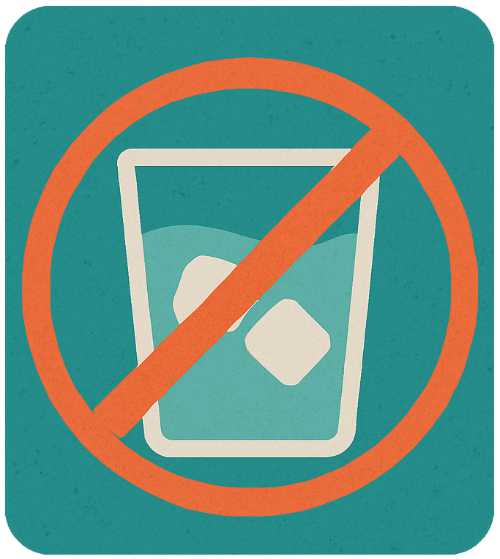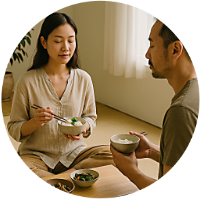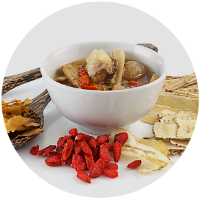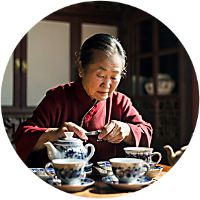Why the Chinese Don’t Drink Cold Water
In many Chinese households, the idea of drinking ice water—especially with meals—raises eyebrows. Instead, warm or room temperature water is the default. This preference isn’t just cultural habit; it reflects deep principles in traditional Chinese medicine (TCM), particularly regarding digestion and the health of the Spleen Qi (脾气 píqì).
In TCM, the spleen is not the anatomical organ we think of in Western medicine, but part of a larger functional system responsible for digestion, nutrient absorption, and transforming food into usable energy or Qi (气). The spleen likes warmth. It thrives in an environment free from excess dampness or cold. This is why cold beverages and raw foods are seen as burdensome—they "put out the fire" that fuels the digestive process.
Imagine trying to cook a pot of rice by pouring cold water onto a gently simmering flame. It doesn’t help the cooking process; it delays and weakens it. From a TCM point of view, drinking cold water—especially with meals—has the same effect on your stomach and spleen. It chills the digestive system, slows metabolism, and over time may lead to symptoms like bloating, fatigue, loose stools, and a foggy mind.
This idea isn’t limited to scholarly theory. Many older Chinese people will quickly advise against cold drinks during menstruation, after childbirth, or when feeling under the weather. These are times when the body is already more vulnerable and needs warmth to heal and regulate.
Interestingly, this perspective aligns with some modern physiological observations. Cold liquids may constrict blood vessels, slow enzymatic activity, and hinder the breakdown of fats. Athletes, for instance, are often advised to sip room temperature fluids to support performance and recovery.
None of this means that cold water is inherently harmful to everyone, or that it must be avoided in all situations. But TCM encourages us to look at timing, condition, and context. A young person in summer heat after physical exertion might crave a cold drink. But someone who’s often tired, has digestive complaints, or lives in a cold climate may benefit from sipping warm tea or hot water instead.
This is less about rules and more about cultivating sensitivity. The Chinese approach to food and drink is grounded in Yangsheng (养生)—the art of nourishing life. Instead of chasing trends or strict diets, it invites us to observe how our bodies respond to subtle changes and to act accordingly.
So the next time you're offered a cup of warm water instead of ice, consider saying yes. You might find it surprisingly soothing—and over time, your digestion might thank you.
Vocabulary Guide
píqì (脾气) – “spleen qi,” the functional energy of the digestive system in TCM
qi (气) – life force or vital energy
yangsheng (养生) – “nourishing life,” a traditional Chinese approach to health and longevity through balanced living







